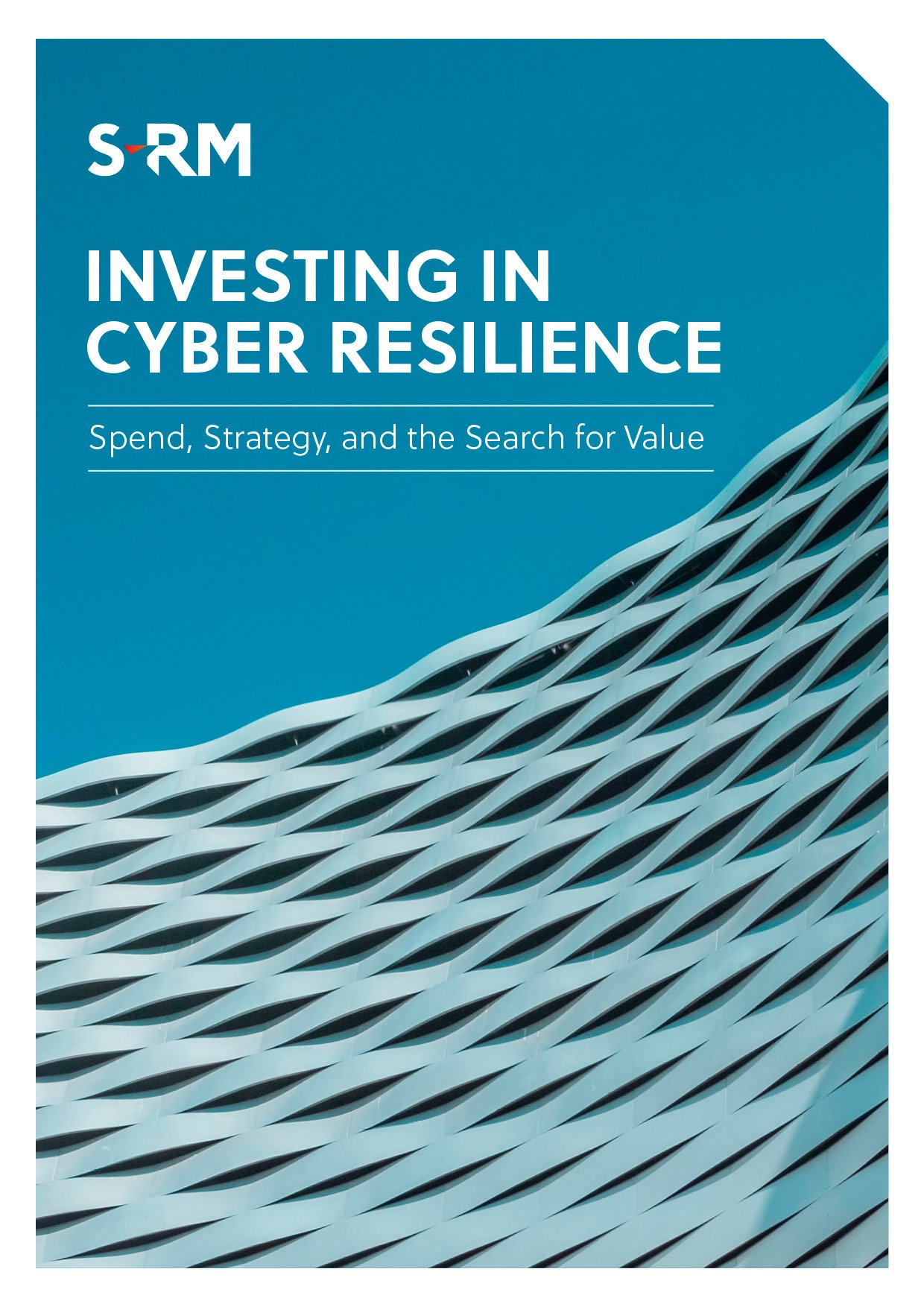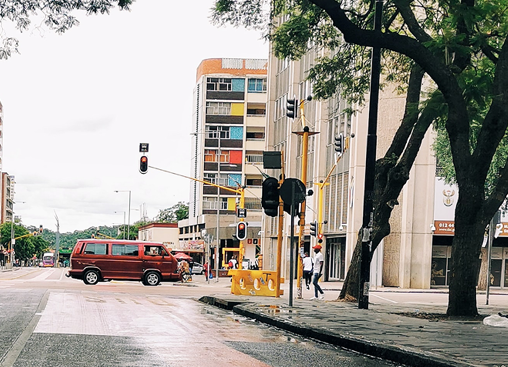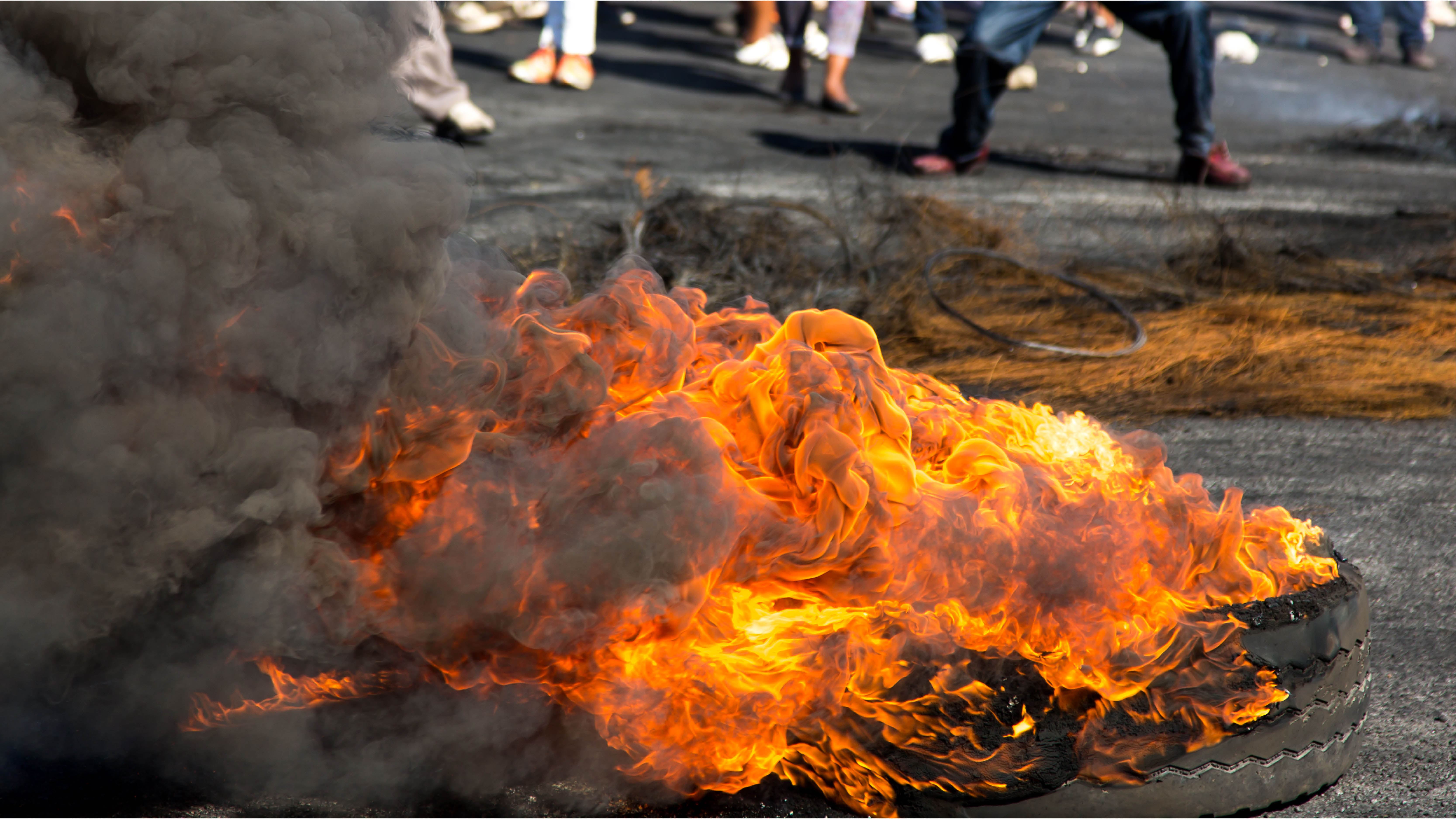Over the past week, xenophobic violence has been reported across parts of Johannesburg and Pretoria, South Africa.
Ten people have been killed in the community-level unrest specifically targeting African foreign nationals. The violence has involved direct attacks on African nationals, the looting of local shops as well as clashes between police and rioters in central business areas. While the drivers of the latest violence continue to be debated domestically, incidents of looting, arson and assault have been reported across Gauteng. Now, African states are calling on the South African government to take a stronger stance on returning calm to the streets amid a worsening crisis that has already had implications for businesses locally and abroad, with the violence triggering retaliatory protests in Nigeria, Zambia and elsewhere.
Xenophobic violence: A recurring phenomenon in South Africa
South Africa has experienced several outbreaks of xenophobic violence in recent years. The most severe violence occurred in May 2008, when 62 people were killed in unrest in Johannesburg, Durban and Cape Town. Xenophobic violence is linked to socio-economic grievances among South Africa’s citizens, stemming from worsening economic conditions, including unemployment. 2019 government figures place South Africa’s unemployment rate at 29 percent, meaning over 6.7 million South Africans are without a job; the youth (15 – 24 years) unemployment rate is 55.2 percent. Animosity towards African and, to a lesser extent, Asian foreign nationals, many of them economic migrants, has become an outlet for these grievances.
A threat to Joburg’s businesses
Central Johannesburg has been on high alert since Monday, as police used tear gas and stun grenades to forcibly disperse rioters armed with sticks, machetes, knives and stones. Several Gauteng shopping complexes closed their doors this week, while others suffered malicious damage and theft. In one reported incident, more the 50 vehicles were set alight at a car dealership in Malvern, Johannesburg on 2 September. Attacks have also become indiscriminate, presenting a risk to surrounding businesses.
Although police will be eager to restore calm, they are poorly equipped and underprepared, and the complex drivers of xenophobic violence will not be easily or quickly resolved. South Africa is facing an unemployment crisis aggravated by a challenging economic and political climate and worsening crime. Some citizens have channelled their frustrations towards African and Asian migrants, who they perceive as limiting their economic opportunities. With these underlying drivers unresolved, further xenophobic attacks are likely. This is aggravated by irresponsible rhetoric from political leadership, where politicians including Police Minister Bheki Cele deny the attacks are xenophobic and instead link frustrations to alleged criminality among African migrant communities. Further, a targeted social media campaign disseminating fake news reports around the latest violence is likely to stoke public anger, with false claims and messages warning African foreign nationals to leave or be killed circulating on messaging platforms.
Spilling across borders
The African Union, together with individual African states, including Nigeria, Ethiopia and Zambia, have condemned the violence, placing diplomatic pressure on the South African government to ‘do more.’ On 3 September, Nigerian President Muhammadu Buhari called on the South African government to secure guarantees for the safety of Nigerian citizens and promised to send a special envoy to South Africa. South African has since temporarily closed its consulates in Nigeria. Meanwhile, Air Tanzania has suspended all flights to Johannesburg. It is clear that these African governments and their citizens lay the blame for the recent violence firmly at the feet of the South African government, and South Africans in general.
Threats to South African companies abroad
The latest developments have prompted retaliatory protests against South African-owned businesses elsewhere on the continent. In response to reprisal protests, South African telecommunications firms MTN and Multichoice and retail giant Shoprite, have announced that they have temporarily closed their Nigerian stores, while many Nigerian citizens called for a boycott of South African products over social media. In Lusaka, Zambia, protesters looted South African stores. The targeting of South African businesses and calls for boycotting South African products have become a common means of reprisal action. Amid a 2017 outbreak of xenophobic violence, for example, a Malawian civil society group called for a countrywide boycott of South African businesses; several South African businesses in Lilongwe and Blantyre closed for several days. South African businesses on the continent will need to implement additional preparations to shoulder business disruptions during this targeted civil unrest.
Although the individual targeting of South African personnel or expatriates outside the country is uncommon, there remains a low likelihood of acts of violence directed at South African nationals. In 2017, retaliatory protests in Nigeria saw protesters urging South Africans to leave the country, while similar violence in 2015 prompted South African workers in Mozambique to evacuate due to fears of being attacked. Mozambican employees at South African companies also staged protests on-site and the border between the countries was temporarily closed after protesters stoned South African-registered vehicles.

OUTLOOK
While President Ramaphosa has condemned the violence, and unrest on the streets may ease in response to calls from the international community, the drivers of the violence remain. According to the African Centre for Migration and Society (ACMS), outbreaks of xenophobic violence have become commonplace in South Africa, with 42 xenophobic violence incidents recorded in 2018. Over 70 people were killed, over 100 people were assaulted, and close to 600 shops were looted in xenophobic incidents between January 2015 and January 2017. It is increasingly clear that while preparing for more traditional security concerns in South Africa including crime, businesses will now need to implement greater preparedness measures against the threat of civil unrest driven by xenophobic violence domestically and elsewhere in Africa.
ADVICE FOR BUSINESS
Businesses should ensure they are adequately prepared for any potential business disruption. Business continuity, crisis management and duty of care plans and procedures should be reviewed and updated.



 Email Gabrielle
Email Gabrielle




 @SRMInform
@SRMInform
 S-RM
S-RM
 hello@s-rminform.com
hello@s-rminform.com

